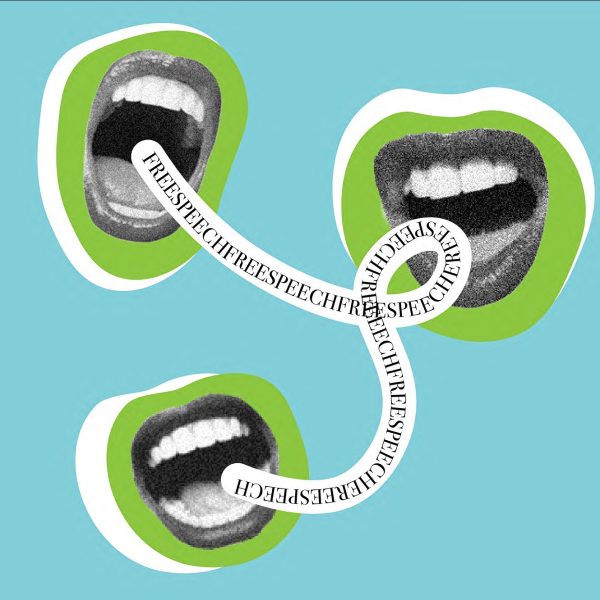Business school enrollment rises to one quarter of undergraduates
September 22, 2015
Business casual is becoming a way of life at Tulane. A quarter of all Tulane undergraduate students are now enrolled in the A.B. Freeman School of Business.
This number includes students who may have a business minor, such as accounting or finance, and about three-quarters of Tulane students who either double major or have a major and a minor. Students and administration attribute this rise to factors ranging from corporate world demands to logistical reasons like the economic recession of 2008, to simple indecision.
“We have seen increasing numbers, I mean over 500 freshman, out of a class of — what? 1800? — are enrolled in the business TIDES classes,” said senior Kelly Aucoin, vice president for external affairs of the business fraternity Alpha Kappa Psi.
Freshmen largely contribute to the rising enrollment numbers of the business school. Approximately 500 students in the class of 2019, or 28.9 percent, are enrolled in A.B Freeman out of a class of roughly 1,730 students. That percentage has increased by more than six percent compared to the class of 2018, which has about 22 percent enrolled in the business school.
Director of Undergraduate Admission Faye Tydlaska believes the reason for the increasing numbers of business school students may go beyond Tulane.
“If you look at some of the most popular majors nationally, business is consistently a growing field,” Tydlaska said. “I think with the turn in the economy in 2008, more students saw business as more of a practical major, not really necessary thinking that you can do a variety of things with a major in liberal arts, or social sciences or something else.”
Aucoin agrees that the desire to obtain a useful, practical degree does seem to be high on the list of reasons that incoming students gravitate towards Freeman.
“People are thinking, ‘I can go to school and I can study psychology or I can study classics, and I can do something that’s very focused, or I can get a degree that will be very versatile, and that if I decide to change my career path in 16 years, I then still have a degree that I can rely on,'” Aucoin said. “So I think that people are coming in thinking that a business degree is very practical, and that’s why you see that.”
Some freshmen, however, believe the business school tends to be a place for students unsure of what path to take.
“There’s a lot of people that are in the business school, simply because they know it’s harder to transfer into it, so they figure, they might as well start in it,” Allie Margulies, a freshman in the School of Science and Engineering, said.
Organizations like AKPsi or Tulane University American Marketing Association can provide a sense of community that can keep undecided students in the business school.
“We attract students who are freshmen, who may not know where they want to be, and they see all of these other students that are involved in AKPsi, and are in business,” Aucoin said.
In addition, incoming students seem to want to take advantage of obtaining a business degree in a city evolving like New Orleans.
“I think since Hurricane Katrina, the business community has shifted a little bit; they’re much more entrepreneurial,” Michael Hogg, associate dean of undergraduate programs for A.B Freeman, said. “For students that are interested in entrepreneurship, the city was ranked as one of the best cities for entrepreneurs.”
The effect of the increasing enrollment on Freeman’s future is uncertain. For now, however, Tulane intends to keep the business school open for undergraduates to explore as they wish.
“Everyone’s admitted to [the] undergraduate college,” Tydlaska said. “So, we’re not admitting students specifically to business, or to liberal arts, or to public health, we’re admitting them into the college, and then when they’re here they can go anywhere they want.”




















Leave a Comment